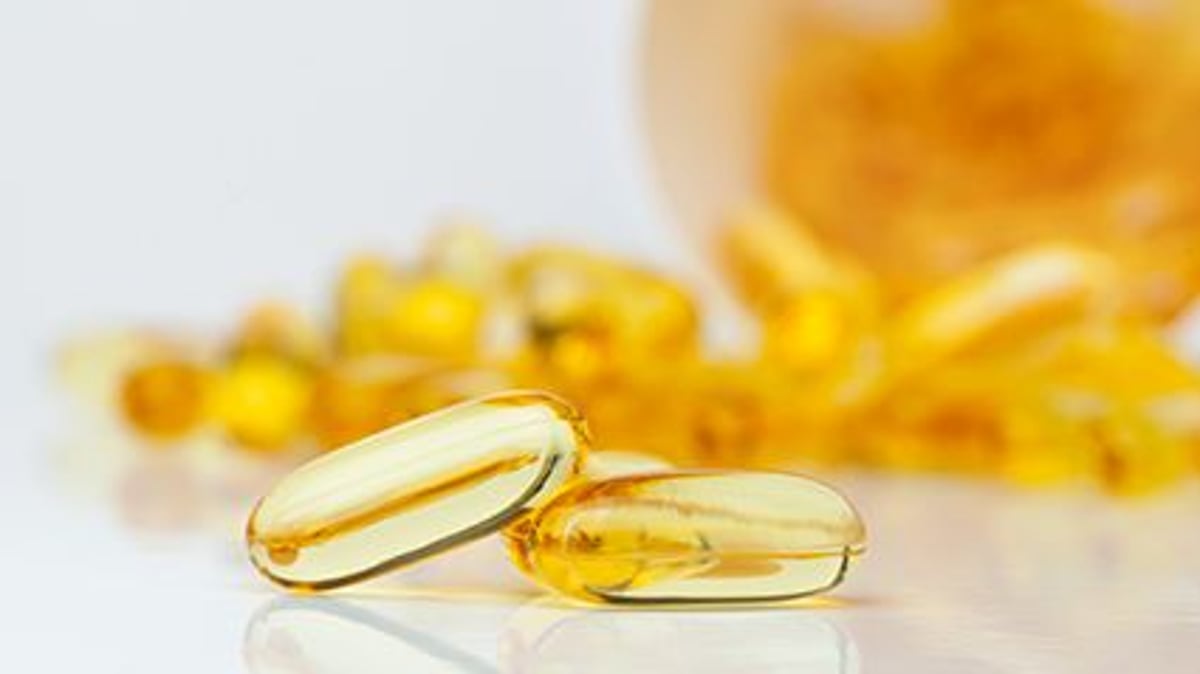USPSTF Recommends Against Beta Carotene, Vitamin E Supplements

TUESDAY, June 21, 2022 (HealthDay News) -- The U.S. Preventive Services Task Force (USPSTF) recommends against the use of beta carotene or vitamin E for prevention of cardiovascular disease or cancer and finds that the evidence is insufficient for ascertaining the benefits and harms of multivitamin use. These recommendations and findings form the basis of a final recommendation statement published in the June 21 issue of the Journal of the American Medical Association.
Elizabeth A. O'Connor, Ph.D., from Kaiser Permanente Evidence-based Practice Center in Portland, Oregon, and colleagues reviewed the benefits and harms of vitamin and mineral supplementation in healthy adults to prevent cardiovascular disease and cancer using data from 84 studies with 739,803 participants. The researchers found that multivitamin use was significantly associated with a lower incidence of any cancer and lung cancer (odds ratios, 0.93 and 0.75, respectively); however, important limitations were seen in the evidence for multivitamins. Beta carotene was significantly associated with increased lung cancer and cardiovascular mortality risk (odds ratios, 1.20 and 1.10, respectively). No associations were seen for vitamin D use with all-cause mortality, cardiovascular disease, or cancer outcomes or for vitamin E with all-cause mortality, cardiovascular disease events, or cancer incidence. Equivocal, minimal, or absent evidence was seen for the benefit of other supplements.
Based on these findings, the USPSTF recommends against the use of beta carotene or vitamin E supplements for the prevention of cardiovascular disease or cancer (D recommendation). The evidence was insufficient for ascertaining the balance of benefits and harms of multivitamins or for supplementation with single or paired nutrients for cardiovascular disease or cancer prevention (I statements).
"Unfortunately, based on the existing evidence, the task force cannot recommend for or against the use of most vitamins and minerals and is calling for more research," a task force member said in a statement.
Final Recommendation Statement
Related Posts
Pocos pacientes dentales se arrepienten de someterse a una endodoncia, según un estudio
LUNES, 1 de noviembre de 2021 (HealthDay News) -- La mayoría de las personas que...
RHEMITT Score Indicates Post-Capsule Endoscopy Rebleed Risk
The RHEMITT score predicts rebleeding after capsule endoscopy. Among 361 small...
Los niños también pueden desarrollar COVID prolongada
LUNES, 25 de julio de 2022 (HealthDay News) -- Aunque los adultos son más...
Study Counters Myth That Contraceptive Pill Enlarges Breasts in Teen Girls
MONDAY, Oct. 3, 2022 (HealthDay News) -- Birth control pills that contain both...
